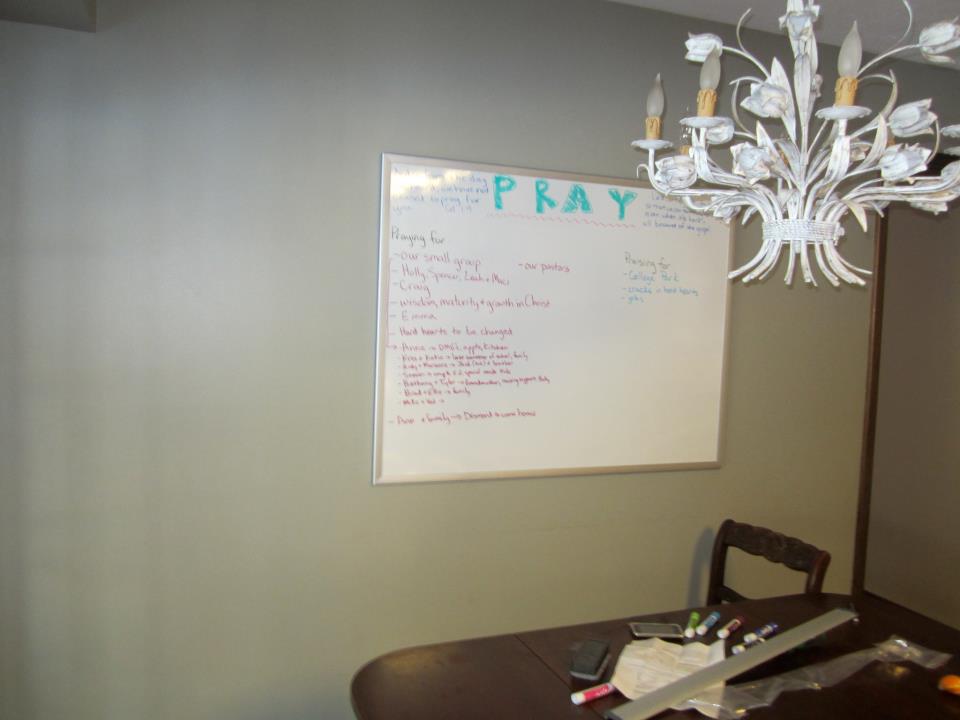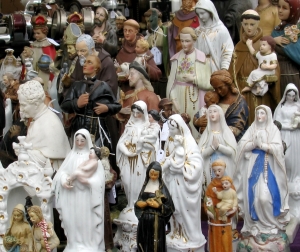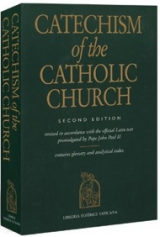Prayer Lists: So You Never Forget to Pray for Anyone!
 As I get further and further into Catholicism, I find myself loving the power of prayer. I love that I can pray for someone and that it can make a difference. It makes me feel helpful in circumstances where I can physically be of little help or have no control. I can always pray and know that others praying alongside me can facilitate powerful change.
As I get further and further into Catholicism, I find myself loving the power of prayer. I love that I can pray for someone and that it can make a difference. It makes me feel helpful in circumstances where I can physically be of little help or have no control. I can always pray and know that others praying alongside me can facilitate powerful change.
However, I have definitely found it challenging to remember who all I need to pray for and who I’ve offered to pray for, especially when you’re trying to mentally add that homeless man you saw by the side of the road and other people you may not know personally.
I recently came across an article that talked about Catholic Prayer Lists and how many Catholics keep these handy. Seems like an obvious idea that had not occurred to me :). So for now, I have started my own informal list. I added it to a plain old notebook I started where I jot down prayers and Bible passages I want to remember, books I want to read and changes I want to make in my life.
I’d love to know where you keep your prayer list. Is it on a note inside your Bible? On your phone? On the refrigerator?
I came across a Prayer List app for the iPhone that I think I may try. I also came across this blog post about an individual who goes through the contacts in their Blackberry offering a short prayer for each. Nice idea. They also note a priest who kept a leather bound book with lines and lines of people who he needed to pray for, crossing out a name as he completed the task.
The day I planned to do this post a friend of mine posted on Facebook a white board her family has placed in their kitchen with a list of what they need to pray for. On the left is what they are Praying For and on the right is what they are Praising For (thankful for). She notes: “I thought we needed to keep ourselves in perspective by listing things we were thankful for as well as needs.” Another great idea and this really keeps it top of mind so you don’t forget. See photo above.
Please share if you keep a prayer list and the form it takes. Thanks for reading and let me know if I can add you to my prayer list!






